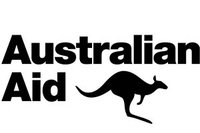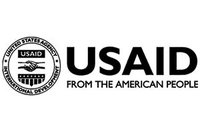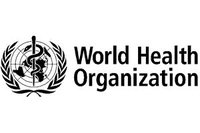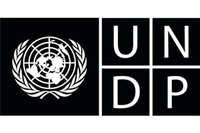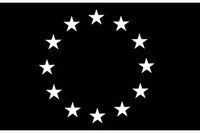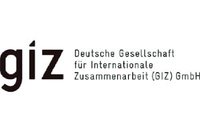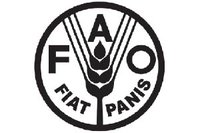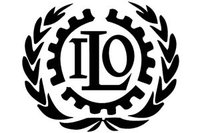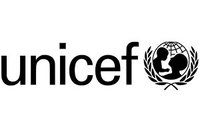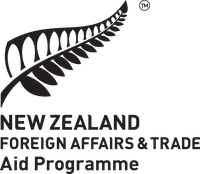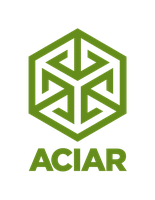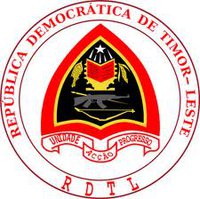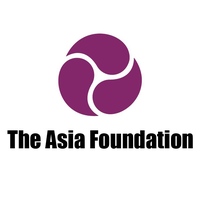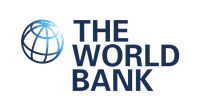Culture and Education: transforming education the Pacific way
How can collectivism be best leveraged for educational outcomes? Artila Devi discusses how the Pacific’s most useful transformational tool may already lie in the hearts and minds of the Pacific community.
The era of the pandemic has shifted many of our world views. What we now consider essential - and inessential - has changed. Our concepts of distance and access are forever altered.
As we slowly move towards a post-pandemic existence, I have begun to wonder how these bold shifts in thinking could lend themselves to a new perspective on our most challenging developmental issues.
Could we use this opportunity to shift the rhetoric around tackling education inequality in the Pacific? Maybe we could reframe the problem using emerging (and increasingly recognised) ways of thinking like strength-based approaches, implemented with methodologies like human centred design.
Perhaps, we could put less focus on what we, in the Pacific, lack when it comes to education. Could it be possible that the answers lie in what is already within us culturally, wrapped up in our commitment to collectivism and community?
Looking within
Collectivism and community are the backbone of Pacific cultures. Strong oral traditions have carried generations of culture and knowledge, and as a result culture and education are inseparable entities.
By designing and implementing programs that encourage and support cultural collectivism to flourish, we empower communities to own their challenges and we build egalitarian teams who feel their knowledge and voice matters.
Yes, development programs do generally acknowledge the importance of community consultation and inclusion. However, too often this is included as an aspect of a communications or engagement strategy, rather than the single biggest opportunity to design and make positive social change.
It’s an approach we’re using - and learning from - as we design and implement the Pacific eLearning Programme with a number of international partners, including MFAT as our valued donor.
The Pacific eLearning Programme aims to improve the science learning for year 10 students in Cook Islands, Samoa, Solomon Islands, and Vanuatu. Throughout the program design and implementation we are embedding practises to ensure the Pacific’s collective culture is at the heart of everything we do. Here’s how:
Conversation-led collaboration
With origins in the oral cultures of the Pacific, Tok Stori and Talanoa are indigenous engagement methodologies for people to share and express themselves.
These approaches are critical in building trust and partnerships in Pacific development projects for their core principle of providing people with the space to speak and be heard.
The approach lends itself to finding resolutions through discussion (rather than a trail of emails). We listen, we adapt as issues arise, and we do our very best to work on decisions with consensus and group buy-in.
Fortunately, this style of collaboration aligns neatly with Catalpa’s human-centred design approach to project design and implementation. At the heart of both lies a desire to listen-to-understand, and an acceptance that we (as development practitioners) are not the problem owner, but rather a partner in helping others to improve their education systems.
Co-design with community
Pacific curriculums are often created by overseas contractors, however local practises can be used to design education content better suited to Pacific islands and its people.
For our program we knew it was important to get the balance between content expertise and local knowledge just right.
We brought together a community of local science experts in four countries to co-design science curriculum content including experienced science teachers, scientists, members of curriculum and assessment committees, and even a beer brewer.
Individuals were nominated by the respective Ministries of Education, and these diverse content contributors ensured we received feedback from a range of angles, and that the program was relevant and inclusive for both remote and urban schools.
Every piece of content was considered by our local specialists to ensure vocabulary, examples and resources would be relatable for Pacific science teachers and students.
Culturally connected
The land and sea hold a special place in Pacific cultures. Nature is livelihood, it is spiritual, it is important. Science could not be more closely related to daily living.
Despite this, much of the science content for Pacific students currently fails to capture this relationship with nature. Quite often examples in textbooks make no sense to students in the Pacific. Learning about wind by example of a windmill doesn’t work. Windmills aren’t a feature of Pacific living. Plants in examples may not exist in tropical climates. Examples and information simply aren't contextualised for our island nations.
By engaging local specialists we have sought to make indigenous knowledge and heritage central to curriculum content, rather than tacking a token local example onto a scientific concept.
We have designed and included content on reef ecosystems (biology), how canoes float (buoyancy and Archimedes Principle), and how the science of fermentation works in making local foods such as Mitiore in Cook Islands (chemistry).
So often I have heard colleagues and individuals from overseas express their admiration for the collective culture we share in the Pacific. In fact, these same individuals from (aid-providing) countries often lament the focus on individualism which prevails in their own culture.
Why then do we not see this unique cultural asset as our greatest opportunity to improve lives through education?
In a post-pandemic world let’s focus on our cultural strengths. Let’s partner with organisations that align. And let’s make sustainable and impactful change in our communities.
Artila Devi is an education specialist leading the Pacific eLearning Program in Cook Islands, Samoa, Solomon Islands and Vanuatu. Throughout her career she has made significant contributions to teaching, curriculum and course design, elearning and distance learning across the Pacific.
She is passionate about using technology to improve teaching and learning. and building impactful partnerships to drive change in developing education systems.
Connect with Artila on Linkedin
